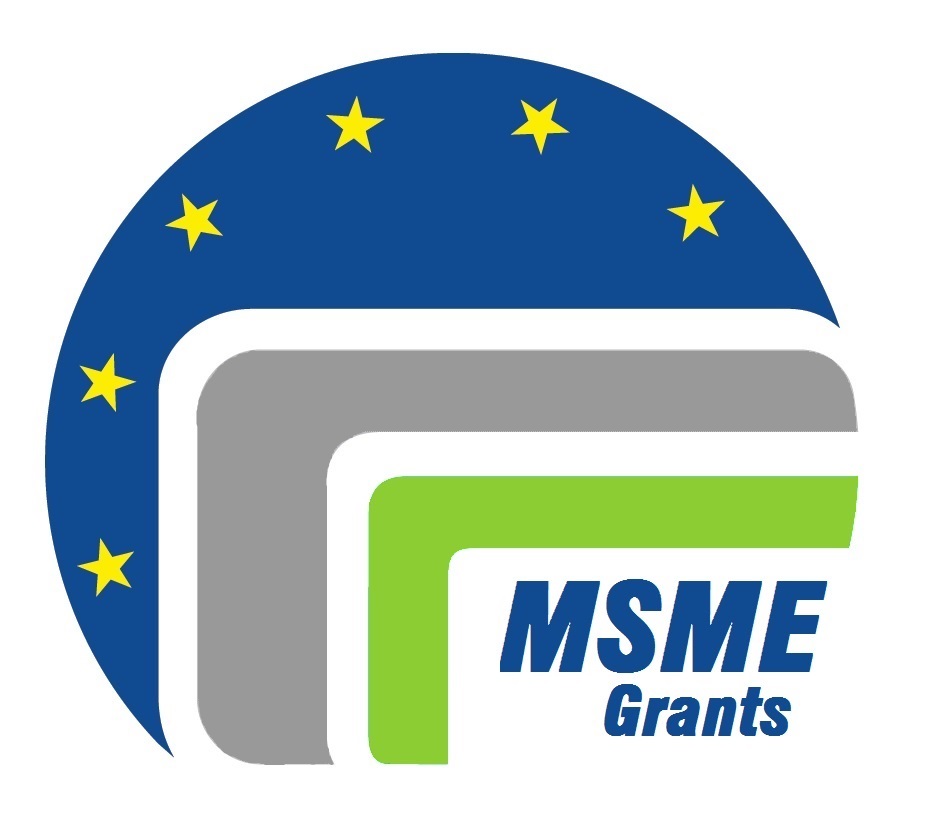- MSMEs Vital to Sustainable Development
The United Nations Information Center says the Micro, Small and Medium-scale Enterprises are vital in achieving the Sustainable Development Goals of the UN General Assembly.
The body noted that the MSMEs were vital in promoting innovation, creativity and decent work for all.
The Director, UNIC, Ronald Kayanja, stated this at the UN Day for MSMEs which held at the Commerce House, Victoria Island, Lagos.
Kayanja, who was represented by the National Information Officer, UNIC, Oluseyi Soremekun, said the UN General Assembly had resolved on April 6 to set June 27 aside as the UN MSME Day in recognition of the need to improve access of small businesses to finance.
Recalling an earlier resolution of the General Assembly entitled ‘Transforming our world: The 2030 Agenda for Sustainable Development’, the UNIC director said the body had adopted a comprehensive and people-centred set of universal SDGs and targets.
“These are popularly called the Global Goals. There are 17 goals and 169 targets,” he said.
He noted that efforts to enhance access to finance for the MSMEs across key sectors of national economies were an important element of the implementation of the SDGs.
Kayanja said, “The importance of the MSMEs to sustainable development is underscored by the theme for this year’s observance which is ‘Small Business, Big Impact.’ The MSMEs are vital in achieving sustainable development goals, in particular in promoting innovation, creativity and decent work for all.”
In her remarks, the President, LCCI, Dr. Nike Akande, noted that the MSMEs had potential to make a long-lasting positive impact on global development needs, since they were the engine for economic growth and job creation.
Akande added that the MSMEs sub-sector accounted for two out of three new jobs created worldwide.
She said this was why the chamber had continued to advocate for a better business environment where small businesses could thrive.
She lamented that despite the crucial role of the MSMEs in economic development, they were still faced with several challenges.
Akande, however, acknowledged the renewed efforts of the Federal Government in resolving lingering business environment issues that were hindering the growth and sustainability of the MSMEs in Nigeria.
She added that the Federal Government through the Central Bank of Nigeria had introduced microfinance policy in 2005 to specifically cater for the financial needs of small businesses.
The LCCI president pointed out that the major challenges faced by the MSMEs sub sector was that most of them lacked proper bankable business plans, competitive marketing strategy and standard accounting systems, while some were still largely excluded from the financial system.
She urged the government to maintain a stable policy and regulatory environment that could support the reform on the ease of doing business in Nigeria, adding that issues of taxation, trade and foreign exchange policies should be managed in line with international best practices.
“This should take into consideration policies that facilitate trade, attract foreign investment and protect businesses from avoidable regulatory pressures. With the right policy environment and provision of needed infrastructure, Nigerian entrepreneurs are quite resourceful and diligent to fully contribute to the recovery and growth of the economy,” Akande added.
The Director-General, Small and Medium Enterprise Development Agency of Nigeria, Dr. Dikko Radda, who was represented by the State Coordinator, SMEDAN, Yinka Fisher, said the days of white collar jobs were gone.
He implored Nigerians to look inwards by putting their talents to use and becoming self-reliant employers of labour.

 Billionaire Watch3 weeks ago
Billionaire Watch3 weeks ago
 Startups4 weeks ago
Startups4 weeks ago
 News4 weeks ago
News4 weeks ago
 News4 weeks ago
News4 weeks ago
 Bitcoin4 weeks ago
Bitcoin4 weeks ago
 Naira4 weeks ago
Naira4 weeks ago
 Forex3 weeks ago
Forex3 weeks ago
 Treasury Bills4 weeks ago
Treasury Bills4 weeks ago

























